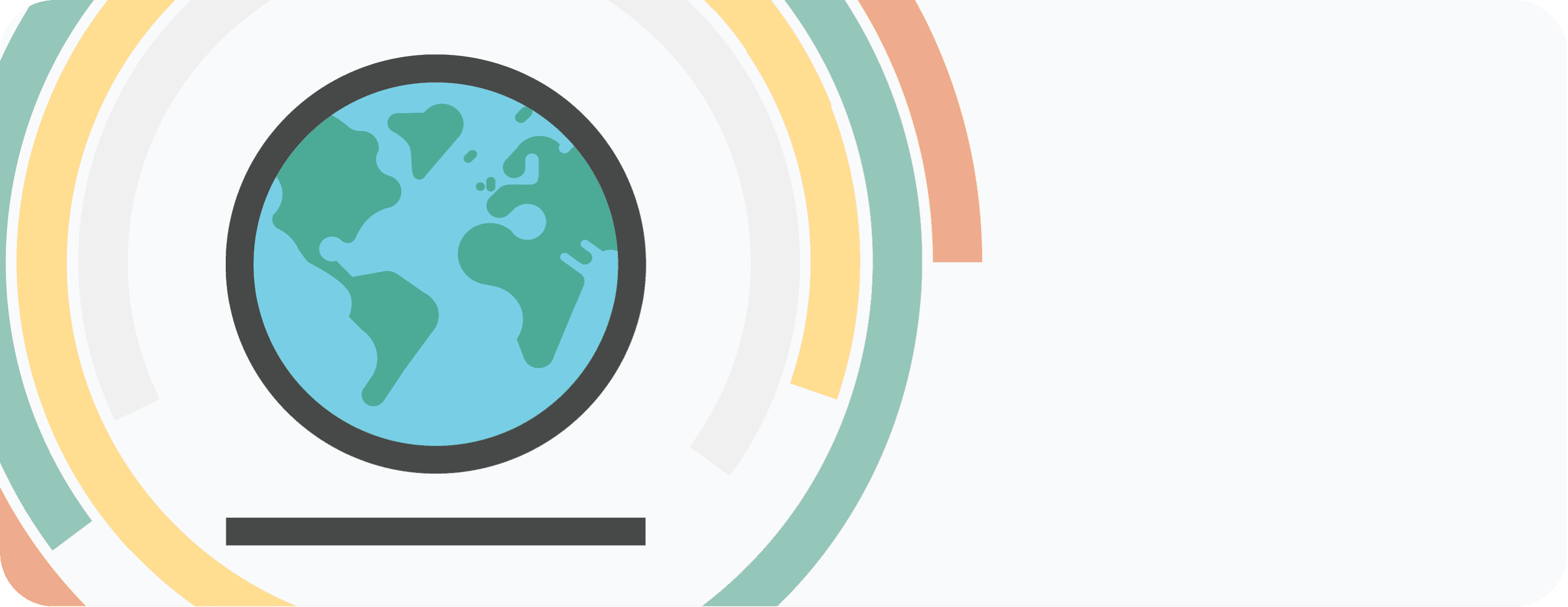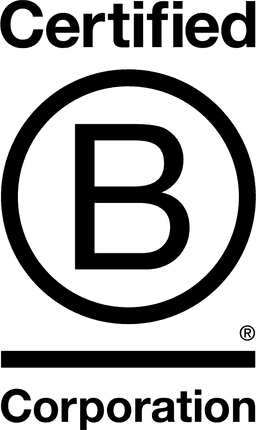

Jasper Coffee

Victoria, Australia
April 2016
Beverages
Manufacturing
Australia
Jasper Coffee is dedicated to re-humanizing the coffee supply chain, and has formed strong relationships across the Coffee world in their exploration and adventure into the unknown. The company stocks Australia’s largest selection of Single Origin Beans, Blends, Fair Trade, Organic & Specialty Coffees, and accepts into their repertoire only coffees with distinctions of flavour, body, and aroma that satisfy the palate. However, Jasper Coffee’s business goes beyond coffee to include a selection of quality products, such as Drinking Chocolate, Sugar and Instant Coffee, all Certified Fair Trade and Organic. Sustainability has always shaped Jasper Coffee’s business ethos. Decisions to roast shade grown coffees, use compostable packaging, drive Hybrid vehicles and develop the economic and social benefits we direct to producers, has manifested into the company achieving Organic, Fair Trade and Carbon Neutral Certifications. Jasper Coffee has continually strived to partner with coffee growers, through initiatives such as Fair Trade, the Cafe Femenino Project, and in partnership with World Vision Australia, helping farmers in the Kochore Project, HAMA Co-op Yirgacheffe, Ethiopia.
Overall B Impact Score
Governance 17.9
Governance evaluates a company's overall mission, engagement around its social/environmental impact, ethics, and transparency. This section also evaluates the ability of a company to protect their mission and formally consider stakeholders in decision making through their corporate structure (e.g. benefit corporation) or corporate governing documents.
What is this? A company with an Impact Business Model is intentionally designed to create a specific positive outcome for one of its stakeholders - such as workers, community, environment, or customers.
Workers 17.4
Workers evaluates a company’s contributions to its employees’ financial security, health & safety, wellness, career development, and engagement & satisfaction. In addition, this section recognizes business models designed to benefit workers, such as companies that are at least 40% owned by non-executive employees and those that have workforce development programs to support individuals with barriers to employment.
Community 29.5
Community evaluates a company’s engagement with and impact on the communities in which it operates, hires from, and sources from. Topics include diversity, equity & inclusion, economic impact, civic engagement, charitable giving, and supply chain management. In addition, this section recognizes business models that are designed to address specific community-oriented problems, such as poverty alleviation through fair trade sourcing or distribution via microenterprises, producer cooperative models, locally focused economic development, and formal charitable giving commitments.
What is this? A company with an Impact Business Model is intentionally designed to create a specific positive outcome for one of its stakeholders - such as workers, community, environment, or customers.
Environment 29.5
Environment evaluates a company’s overall environmental management practices as well as its impact on the air, climate, water, land, and biodiversity. This includes the direct impact of a company’s operations and, when applicable its supply chain and distribution channels. This section also recognizes companies with environmentally innovative production processes and those that sell products or services that have a positive environmental impact. Some examples might include products and services that create renewable energy, reduce consumption or waste, conserve land or wildlife, provide less toxic alternatives to the market, or educate people about environmental problems.
What is this? A company with an Impact Business Model is intentionally designed to create a specific positive outcome for one of its stakeholders - such as workers, community, environment, or customers.
Customers 3.3
Customers evaluates a company’s stewardship of its customers through the quality of its products and services, ethical marketing, data privacy and security, and feedback channels. In addition, this section recognizes products or services that are designed to address a particular social problem for or through its customers, such as health or educational products, arts & media products, serving underserved customers/clients, and services that improve the social impact of other businesses or organizations.